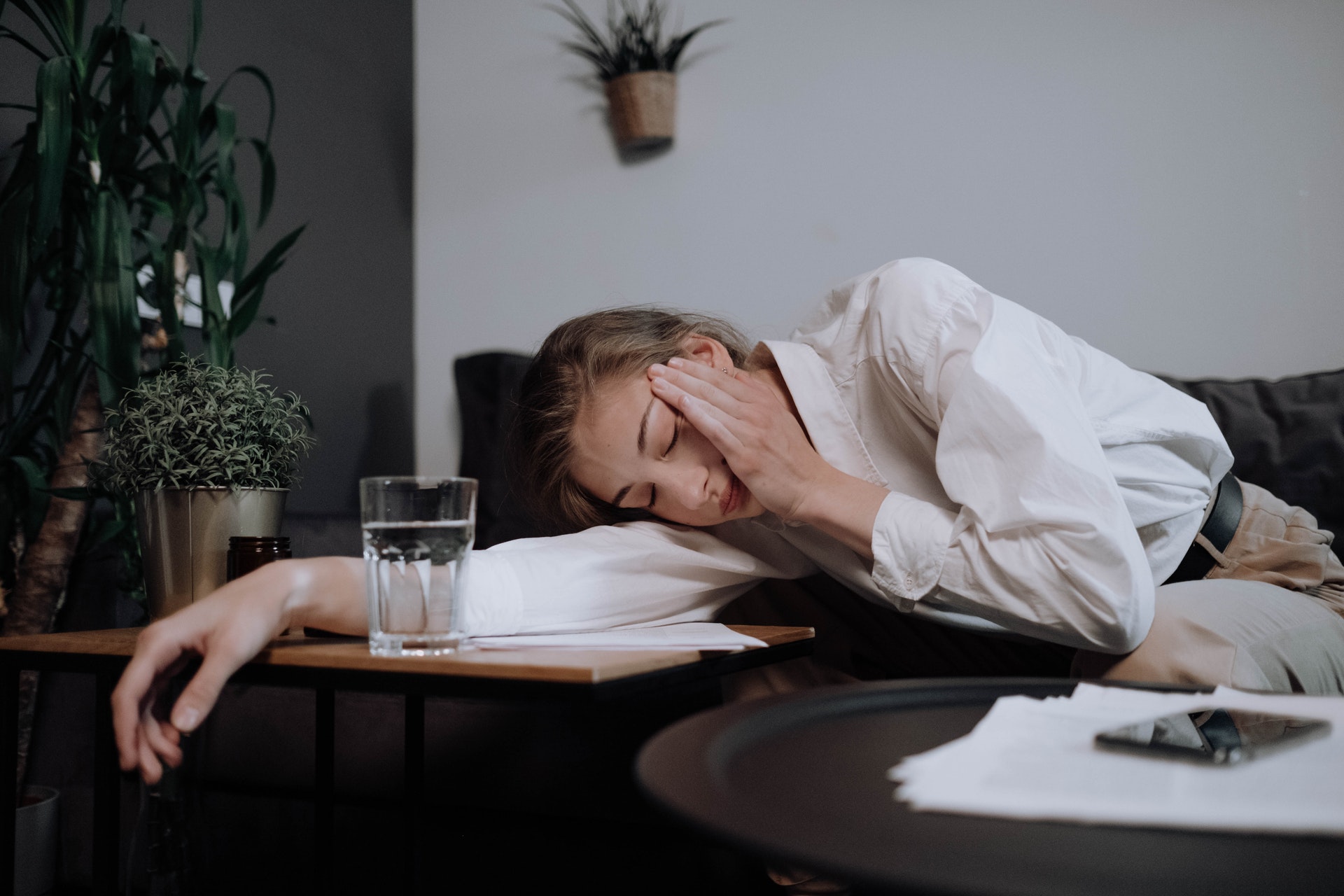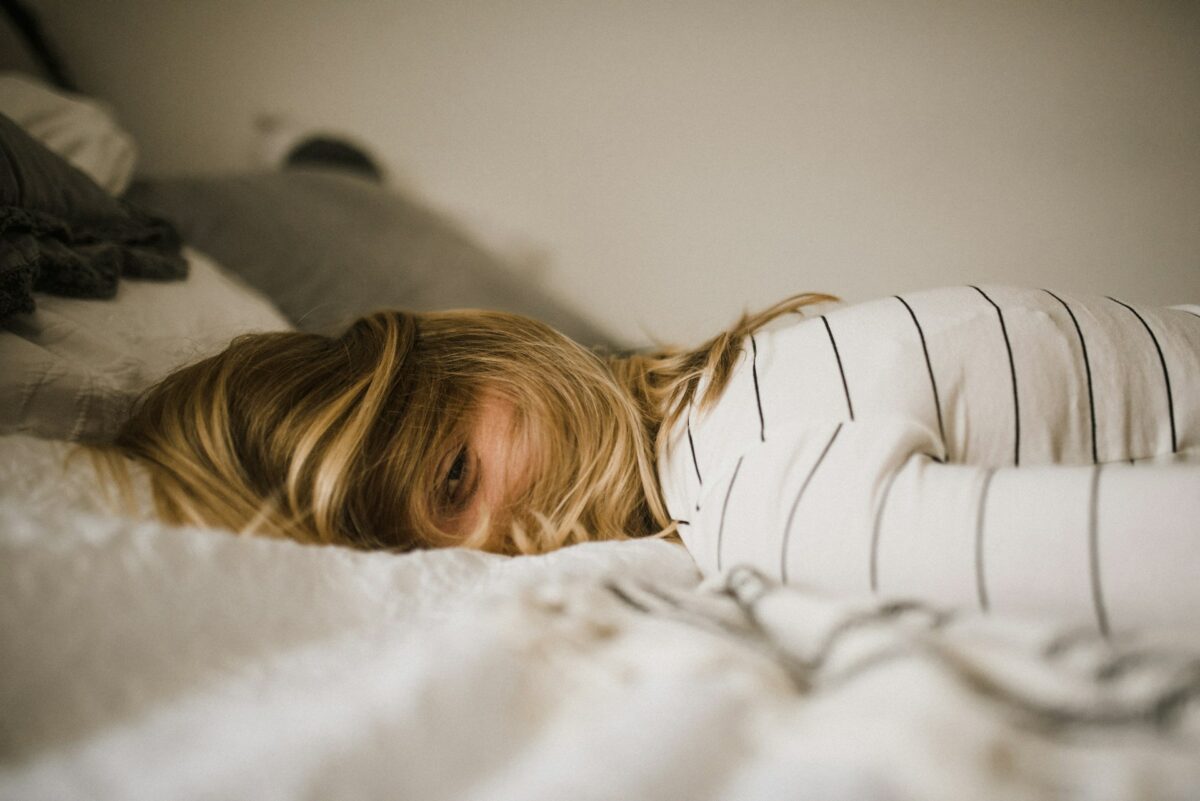How much sleep do you typically get in a night? It’s essential to ensure you get enough sleep; it not only makes you look better but also improves your health and productivity. Sleeping too little leaves you prone to mood swings and puts you at a higher risk for Alzheimer’s disease and other cognitive issues.
You can’t make up for the lack of sleep in one night, or one night a week. Consistent quality sleep is the only way to combat the health issues that poor sleep is associated with After all, you sleep less for many reasons (emotional, physical, etc.). Here are the possible causes of your poor sleep quality:
Irregular Sleeping Schedule
This situation often occurs to people who have shifting work schedules. Because they often change the times they need to sleep, the body cannot maintain a natural circadian rhythm. Even those who keep a consistent schedule but work nights are constantly fighting their natural circadian rhythm to sleep.
Another cause of this case could be the intake of caffeine and alcohol. These two substances harm the quality of your sleep. For instance, too much coffee can hinder the body from entering the deeper stages of sleep, even when ingested 6-8 hours before you go to bed. The half life of caffeine in the body is 4 hours, so that means that if you have a coffee at 3 and go to bed at 9, there is still 25% of that caffeine in your system. Alcohol, on the other hand, disrupts the sleep cycle and causes poor-quality sleep.
Stress and Anxiety
When you are too exhausted or stressed, the body finds it hard to transition to sleep. Many things can take up your time, including working overtime or taking care of your children.
Another cause of stress is the fact that you can’t control the things that happen to you. This case can make you more likely to suffer from insomnia. And if this occurs for several days, it can lead to chronic stress. Besides, it has been suggested that chronic stress can cause even heart attack and stroke.
Undiagnosed Sleep Disorder
Sleep disorders can be difficult to diagnose, especially as the symptoms are not the same for everyone. Hundreds of sleep disorders can be related to insomnia, sleep apnea, narcolepsy, restless legs syndrome, etc.
The common signs of sleep disorders are:
- Not being able to fall asleep or stay asleep
- Being able to fall asleep very easily anytime during the day
- Feeling tired during the day
- High blood pressure, heart disease and atrial fibrillation
- Snoring
Failing to check these symptoms beforehand can lead to numerous troubles in the future.
Enhancing Your Sleep Quality
There is still hope for improving your sleep quality. There are even some simple things you can incorporate into your own routine to try and help. Try the following activities to help you sleep better:
- Physical exercise is beneficial; it helps you sleep better. Exercise for at least 30 minutes per day because too much exercise can make you feel tired. Try to exercise during the day, although if after dinner is the only time you can find to fit in the exercise we still recommend that.
- Try to limit caffeine intake. Caffeine has a way of stimulating the nervous system, which doesn’t bode well with sleep. If you regularly drink caffeinated beverages, try to go without it for a few weeks every 6 months to re-establish your baseline tolerance of caffeine. This is also a great way to check in on your fatigue, if it becomes insurmountable without caffeine, you need to change something!
- Make a bedtime routine. After you get home from work, try to reduce your time watching television or on the computer. Incorporating journaling, reading or meditating before bed can be very helpful.
The Takeaway
If these tips are not enough, consult a sleep doctor. A sleep doctor can give you more advice on how to improve your sleeping habits. Sometimes, they will even recommend a therapy that can help you fall asleep faster.
Sleep Better Live Better has a team of sleep doctors you can consult regarding your sleep-related problems. Get in touch with us today so we can help give you a better sleeping experience.





